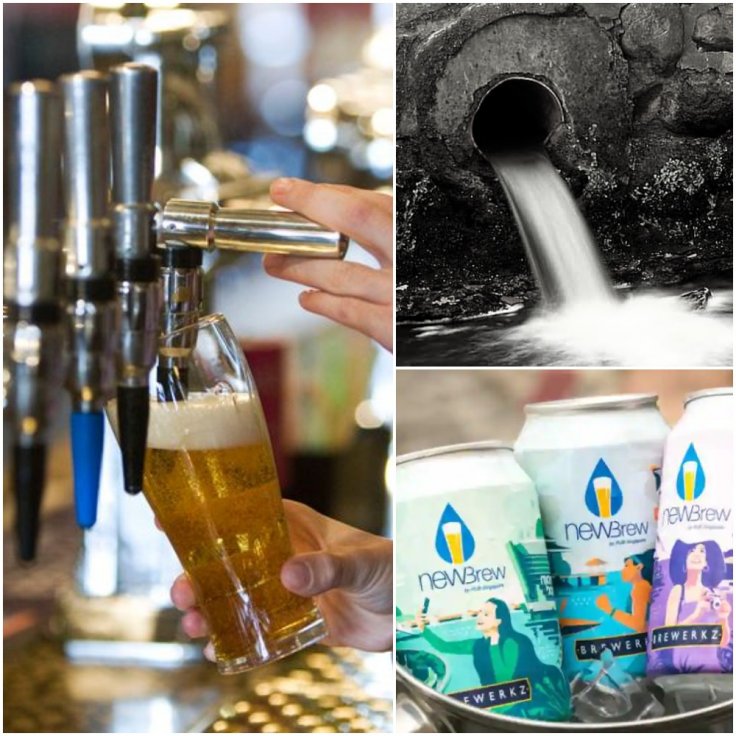Singapore has launched a new kind of beer which is primarily made of wastewater. NewBrew is made of a liquid that is recycled from the wastewater. The move by Singapore Water Agency addresses country's water scarcity challenges amid the climate change crisis.
The alcoholic beverage requires a lot of water as the drink contains nearly 90% of water. NewBrew, which is now on sale, was launched on April 8. National water agency PUB and local craft beer brewery Brewerkz, in conjunction with Singapore International Water Week had launched the beer.

Beer Tastes Similar to Conventional Beer
The beer has an unusual twist although its taste is similar to conventional beer.
The tropical blonde ale is made of NEWater, Singapore's brand of high-quality, recycled and clean water. The move underlines that the country has safe drinking water, which is processed adhering to international standards.
This process usually requires clean water so as not to contaminate the taste of the malt, hops and strains of yeast, which are carefully controlled by brewers to produce their craft beers, according to Strait Times.
NEWater is Pillar of Water Sustainability in Singapore
NewBrew is being used to show the standard quality of the NEWater, which shows that recycled water can be more delicious. Three cans of NewBrew, which are now available in shops, are being sold at less than $5 per can.
NewBrew made its debut on the 10th anniversary of SIWW in 2018. But it was not commercially available then and was only served during the conference.
Singapore's Water Agency claimed that NEWater is the pillar of the country's water sustainability, and by 2060, the agency will expand its capacity to meet up to 55% of our future water needs.
NEWater's genesis dates back to the 1970s, when the Singapore government commissioned a study to determine the feasibility of producing reclaimed water, according to the water agency.









